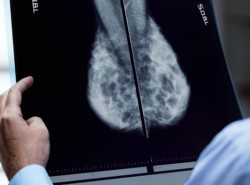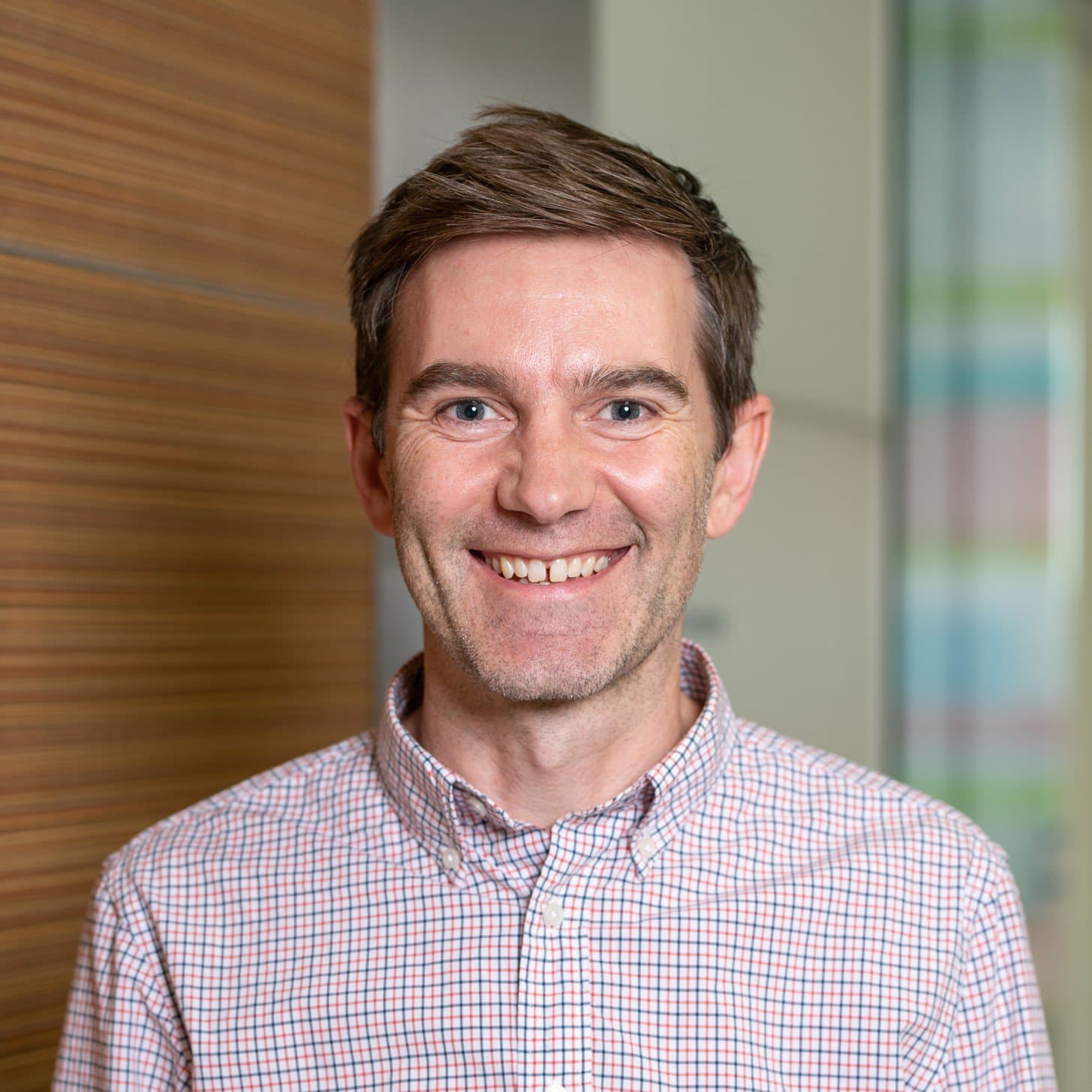
Understanding the causes of breast cancer in young women
Published: 05/11/23 8:34 AM

Peter Simpson
Project Description: Breast cancer is the most commonly diagnosed cancer in young women under 40 years with around 1000 new cases diagnosed every year in Australia. Breast cancer in young women tends to have different molecular characteristics and poorer overall survival outcomes to breast cancer diagnosed in older women. This study led by A/Prof Peter Simpson (The University of Queensland) will analyse samples from a cohort of more than 100 breast cancer cases diagnosed in women under the age of 40, some of which have a family history of the disease and others with no known family history of the disease. This study aims to reveal genetic features unique to and responsible for this early onset of breast cancer.
Why the Work is Needed: Breast cancer is the most commonly diagnosed cancer in young women under the age of 40 years and it is currently unclear why there are distinct clinical characteristics of these cancers compared to those that occur in older women. Thus, there is a need to better understand why and how breast cancers development in young women in order to generate the knowledge required for early intervention and better treatments.
Expected Outcomes: The successful outcomes of this research will reveal new molecular changes in cells within the breast responsible for early onset breast cancer. A better understanding of the molecular mechanisms responsible for breast cancer in young women has the potential to lead to better detection, treatments and improve overall survival.
Project Details
Breast cancer is the most commonly diagnosed cancer in young women under 40 years with around 1000 new cases diagnosed every year in Australia. Breast cancer in young women tends to have different molecular characteristics and poorer overall survival outcomes to breast cancer diagnosed in older women. Cancer in young women commonly returns after treatment and can spread to distant organs in the body.
In collaboration with Brisbane Breast Bank and the Kathleen Cuningham Foundation Consortium for Research into Familial Breast Cancer (kConFab), A/Prof Peter Simpson will study tumour samples from patients’ who were diagnosed with breast cancer under 40 years of age. Some of these patients had a family history of breast cancer, whilst for many there was no known family history of the disease. Normal breast tissue and pre-cancerous lesions from this cohort of young women will be analysed for underlying genetic causes of early onset breast cancer.
Outcomes from this study will reveal gene mutations and cellular pathways that become altered early in cancer development and are involved in disease progression.